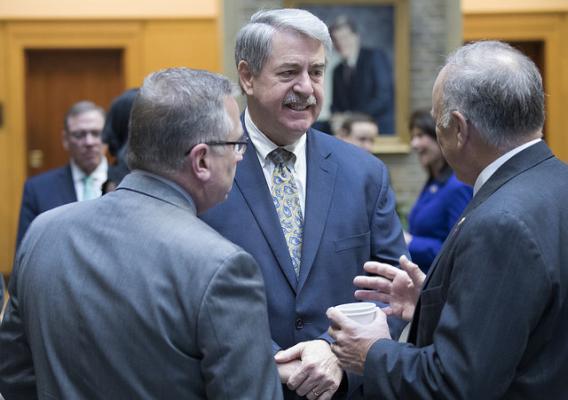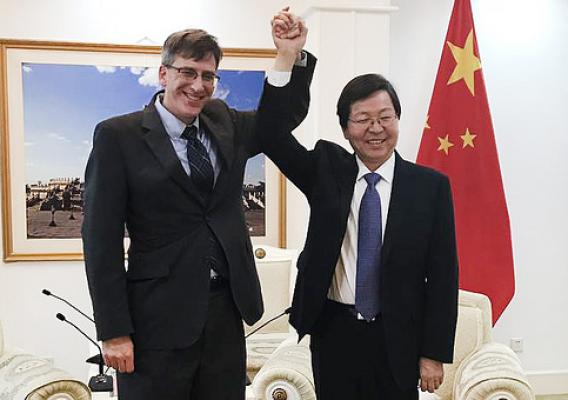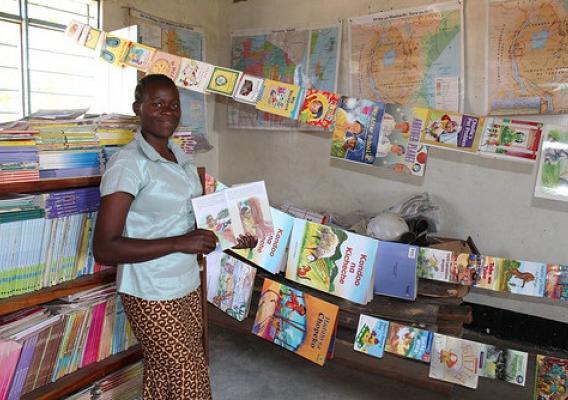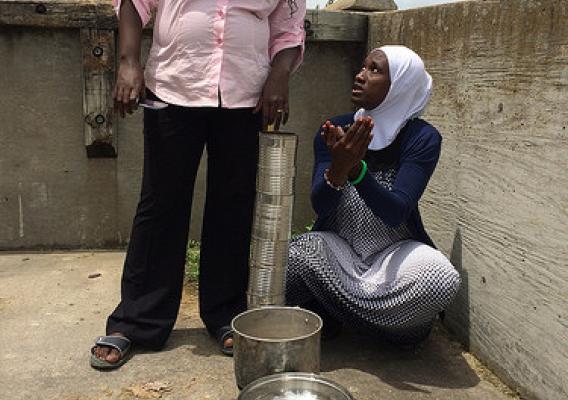Issah Sugri of Ghana is helping his nation feed itself and improve its farmers’ efficiency thanks to a U.S. Department of Agriculture (USDA) program. The Norman E. Borlaug International Agricultural Science and Technology Fellowship Program, funded by USDA’s Foreign Agricultural Service (FAS), is a six to 12 week training program that pairs up-and-coming researchers from selected countries with mentors from a U.S. land-grant institution or government agency. Sugri, one of 36 FAS Borlaug Fellows in 2012, was assigned to the University of Florida with the specific goal of reducing post-harvest losses of tomatoes by better understanding climate-relevant, low-tech methods of extending shelf life of fresh fruits and vegetables.
When he returned to Ghana, Sugri put his fellowship training to immediate use. Collaborating with fellow researchers at the Council for Scientific and Industrial Research – Savannah Agricultural Research Institute (CSIR-SARI), based in Bawku, Ghana, he published fact sheets for local farmers describing optimal harvest and storage conditions. Sugri even included his mobile phone number so he could accept field questions and provide clarification. He also worked with extension agents to train producers on post-harvest loss avoidance techniques and their economic benefits. At Sugri’s urging, SARI hired a dedicated food scientist to focus additional research on the topic.










